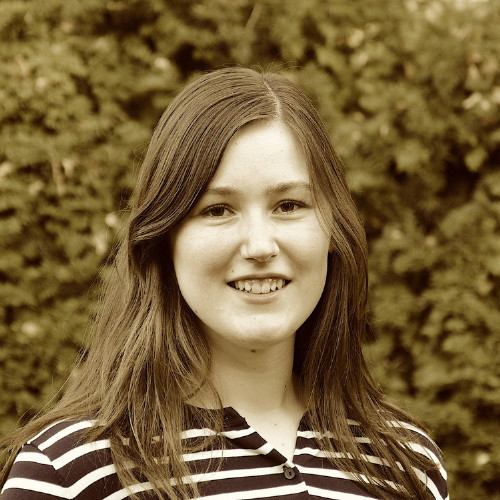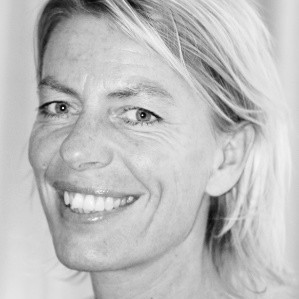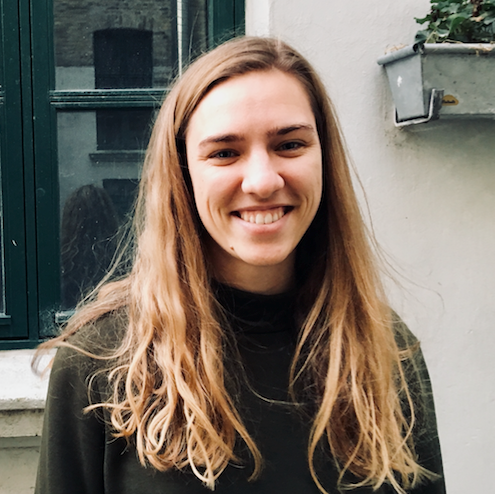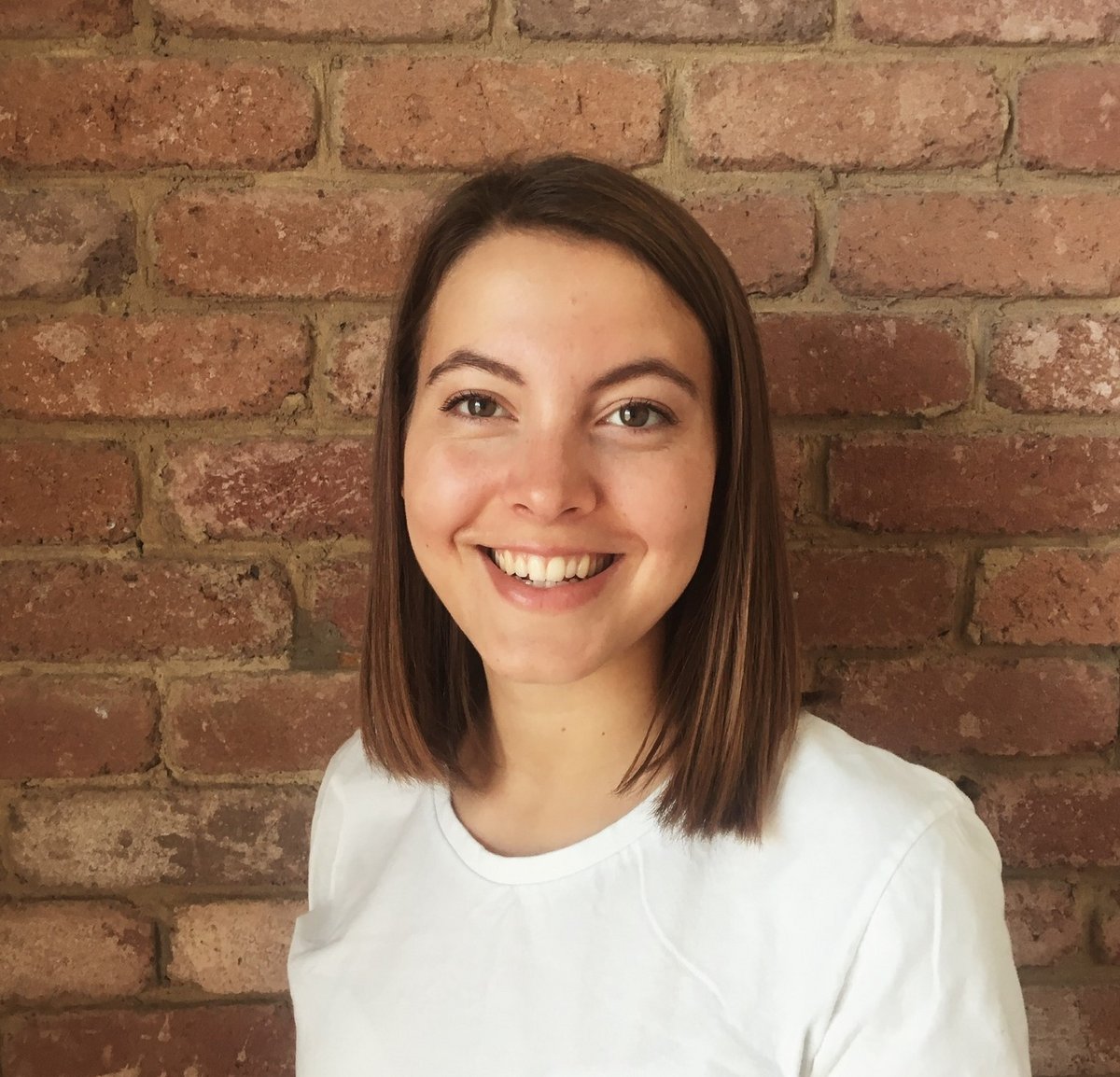The objective of the anthropological component in the HOPE project is to understand the impact of COVID-19 information on people’s decisions and practices. How does various kinds of information translate into daily living, and how do uncertainties arise and get resolved (or not) in different contexts? Ethnographic methods will be employed to generate rich qualitative data on people’s interpretation of social media, negotiation of meaning and relative importance of state-sponsored versus social media communication.
Professor Jens Seeberg and Associate Professor Mette Terp Høybye lead a team of research assistants, who collect ethnographic data.
Charlotte is a research assistant at the Interacting Minds Centre, where she is working on HOPE - How Democracies Cope with Covid19: A Data Driven Approach and EER: Experimenting, Experiencing, Reflecting.
Within the HOPE project, Charlotte explores how the Covid-19 epidemic and the national guidelines affect the everyday lives of children and adolescents with a particular interest in social relations and the boundary between home and school.
Charlotte holds a MSc in Medical Anthropology and has previous experience with research on children and adolescents with diabetes.

Catrine is an anthropologist and research assistant on the ethnographic component of the HOPE project: How Democracies Cope with Covid19: A Data-Driven Approach.
Within the HOPE project, Catrine will be doing fieldwork among retail employees, exploring how the Covid-19 epidemic impacts the everyday life of those who, despite the general lock-down, continue to go to work so as to maintain vital societal functions, e.g. food distribution.
She has a MSc in General Anthropology from Aarhus University, and has previously carried out fieldwork among Mongolian university students, focusing on nostalgia, politics, and temporality.

Gitte Vandborg Rasmussen is employed as a scientific assistant on the HOPE project. She will investigate how Covid19 impacts everyday life of people diagnosed with ADHD. Individuals living with ADHD are assumed to be particularly vulnerable to the social and mental side effects of Covid19. By engaging in everyday life with ADHD Gitte will explore how this group of people experience and cope with the Covid19 pandemic.
Besides this, Gitte is doing research with her PhD project exploring the significance of time and temporal experience in family life with ADHD.

Malthe's research deals with radical social change and has for 4 years worked with revolutionary communities and the formation of revolutionary subjects in Mongolia as part of his PhD.
At IMC he is employed as a scientific assistant on the HOPE project, where he will analyze how information from the authorities is handled, shared and discussed in system critical communities during the Covid-19 epidemic and how the epidemic influences system-critical communities' activism and views on the future of sustainable Denmark.

My name is Annette, and I am a medical anthropologist. I will be working at IMC as a research assistant on the HOPE-project: “How Democracies Cope with Covid19: A Data Driven Approach.”
During the upcoming months, I will be collecting ethnographic data on how health care professionals in Denmark, Greenland and the Faeroe Islands react and cope during the extraordinary circumstances we are experiencing as a result of COVID-19.
Previously, I have worked with health care professionals who face human hardship in their work lives and studied how they cope and create meaning.

My name is Cathrine Dahlgren Garbers and I am a anthropologist working on the HOPE project: How Democracies Cope with Covid19: A Data-Driven Approach.
The next four months I will be conducting ethnographic data collection among people with a mental illness, as this crisis has been appointed as a particularly mental challenge for the whole society. Covid-19 virus is affecting our well-being and lead to symptoms of stress, depression and burnout. It is a difficult period for many, but some are more vulnerable than others and how are these mental challenges affecting people with mental illness? The research will focus and concentrate on social isolation, anxiety and coping strategies.
I have a master’s degree in General Anthropology and have been working with socially marginalised people. I am keenly interested in creating better conditions for citizens and is curious to develop several insights or solutions both for and with people.

My name is Lea Kronborg Vestergaard and I will be working as a research assistant on the HOPE project at IMC. I have a BSc in anthropology from AU and a MSc in anthropology from Copenhagen University in which I specialized in medical anthropology.
Within the HOPE project, I will be working on researching how people living with chronic illness are affected by Covid-19 and what these ongoing changes are experienced throughout their daily life.
